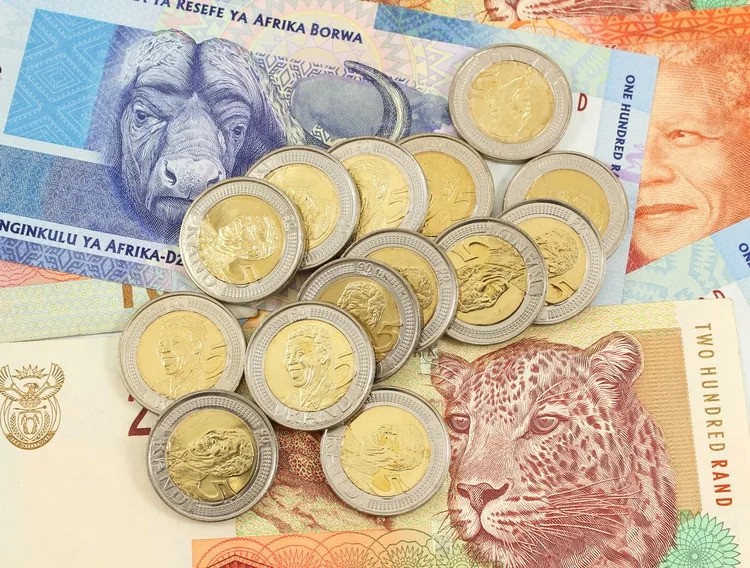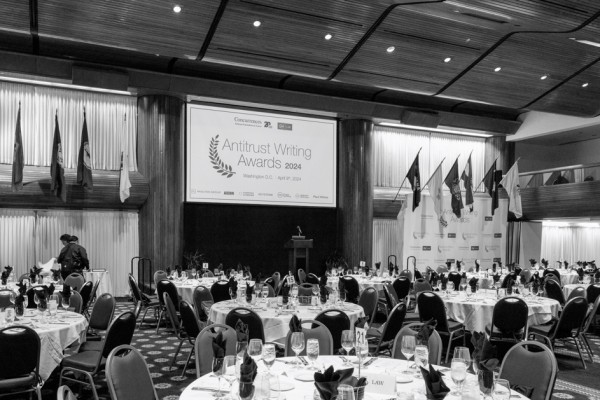The Competition Appeal Court said that the Competition Commission of South Africa had provided insufficient evidence in the case.
South Africa’s Competition Appeal Court dismissed the cases against most of the 28 banks accused of colluding to fix the rand in the New York foreign exchange market almost a decade ago, Business Day reported, citing the tribunal.
The court ruled in favor of South African lenders including Standard Bank Group Ltd., Nedbank Group Ltd., and FirstRand Ltd., and most of the foreign banks who faced the accusations, the Johannesburg-based newspaper reported on Tuesday. That leaves JPMorgan Chase & Co., BNP Paribas SA, HSBC Holdings Plc, Credit Suisse Group AG and Investec Plc to face trial, according to the report.
The cases were dismissed on the grounds of a lack of evidence, a lack of jurisdiction and overreach.
“[The Commission] was required to show that each firm had made an intentional contribution by its own conduct to the common objectives pursued by all of the participants,”
it said. To this end, the commission fell short, with the court describing some links between the banks – or even holding companies, which were not involved at all – as being tenuous at best.
In November 2023, Standard Chartered Bank (SCB) admitted liability in the case and agreed to pay a fine of almost R43 million ($2.3 million) for its part in the scandal. Earlier in 2017, Citibank entered into an agreement with the Competition Commission to admit liability on the same charges.
Beginning in 2015, the Commission engaged 28 local and international banks involved in a scheme to manipulate the rand-US dollar exchange rate between 2007 and 2013. According to the antitrust authority, the alleged manipulations damaged various parts of the South African economy, including imports and exports, foreign direct investment, public and private debt, and company balance sheets, with the attendant implications for the price of goods and services and financial assets.
The case has been politically charged in South Africa, with some politicians claiming that widespread currency manipulation contributed to the country's economic crisis for more than a decade. Ministers also used the case as an excuse to attack the private sector at large.
However, economic and banking experts – and National Treasury itself – made it clear that the manipulation and rigged trades in question were extremely isolated and only individual clients were harmed by the activity, not South Africa as a whole.
Treasury also clarified that the market manipulation in question ended in 2013 and that rules and regulations had long been put in place to mitigate and avoid this behaviour – thus, the rand collapse and economic stagnation seen over the last ten years are unrelated.
Sources: Business Tech, BNN Bloomberg




